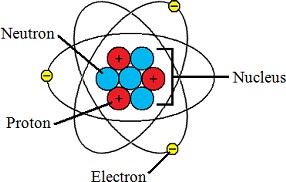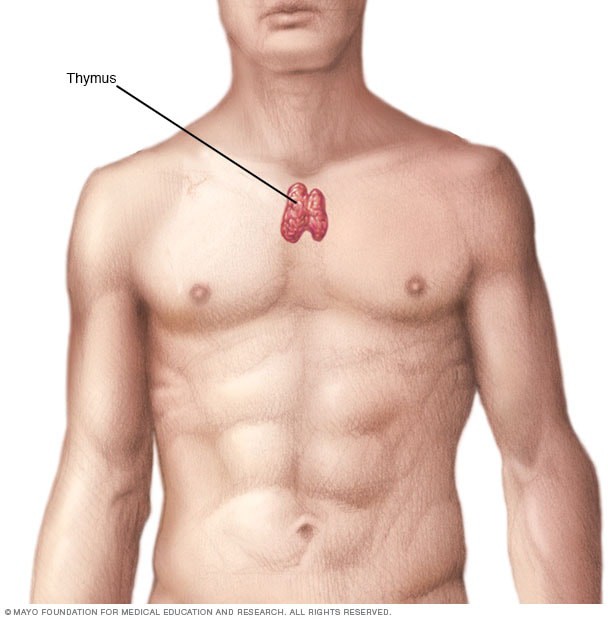Why is water sometimes called the "universal solvent"?.
A. Because water dissolves all solutes equally well.
B. Because water is a nonpolar solvent.
C. Because water is good at dissolving ions and polar molecules.
D. Because water is poor at dissolving nonpolar molecules.
Water is sometimes called the “universal solvent” because it dissolves more substances than any other liquid.
This is due to its polarity and ability to form hydrogen bonds, which allows it to dissolve ions and polar molecules.
Choice A) Because water dissolves all solutes equally well is incorrect because water does not dissolve all solutes equally well.
Choice B) Because water is a nonpolar solvent is incorrect because water is a polar solvent.
Choice D) Because water is poor at dissolving nonpolar molecules is incorrect because it does not explain why water is called the “universal solvent”.
Therefore, the Correct Answer is C.




